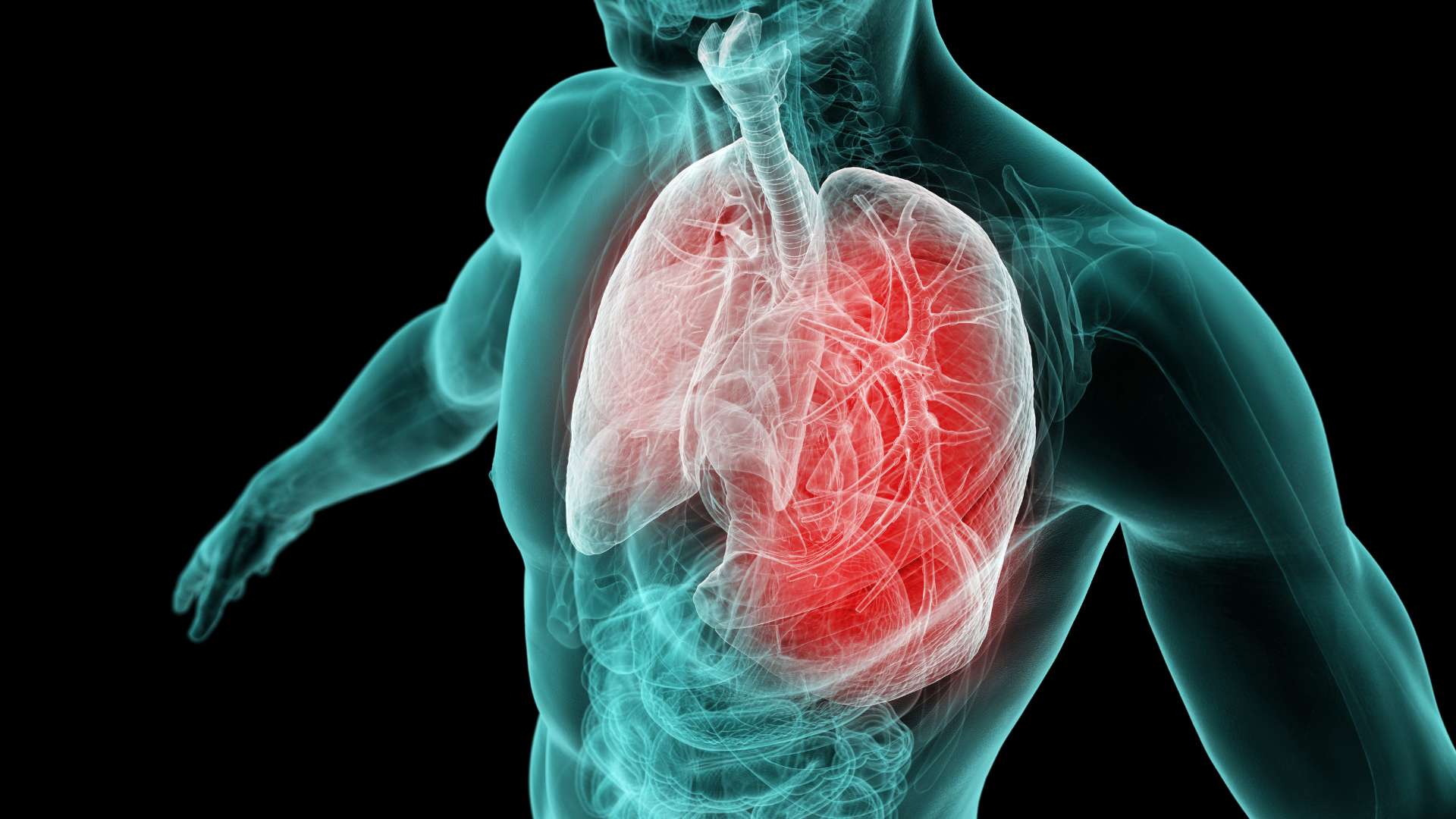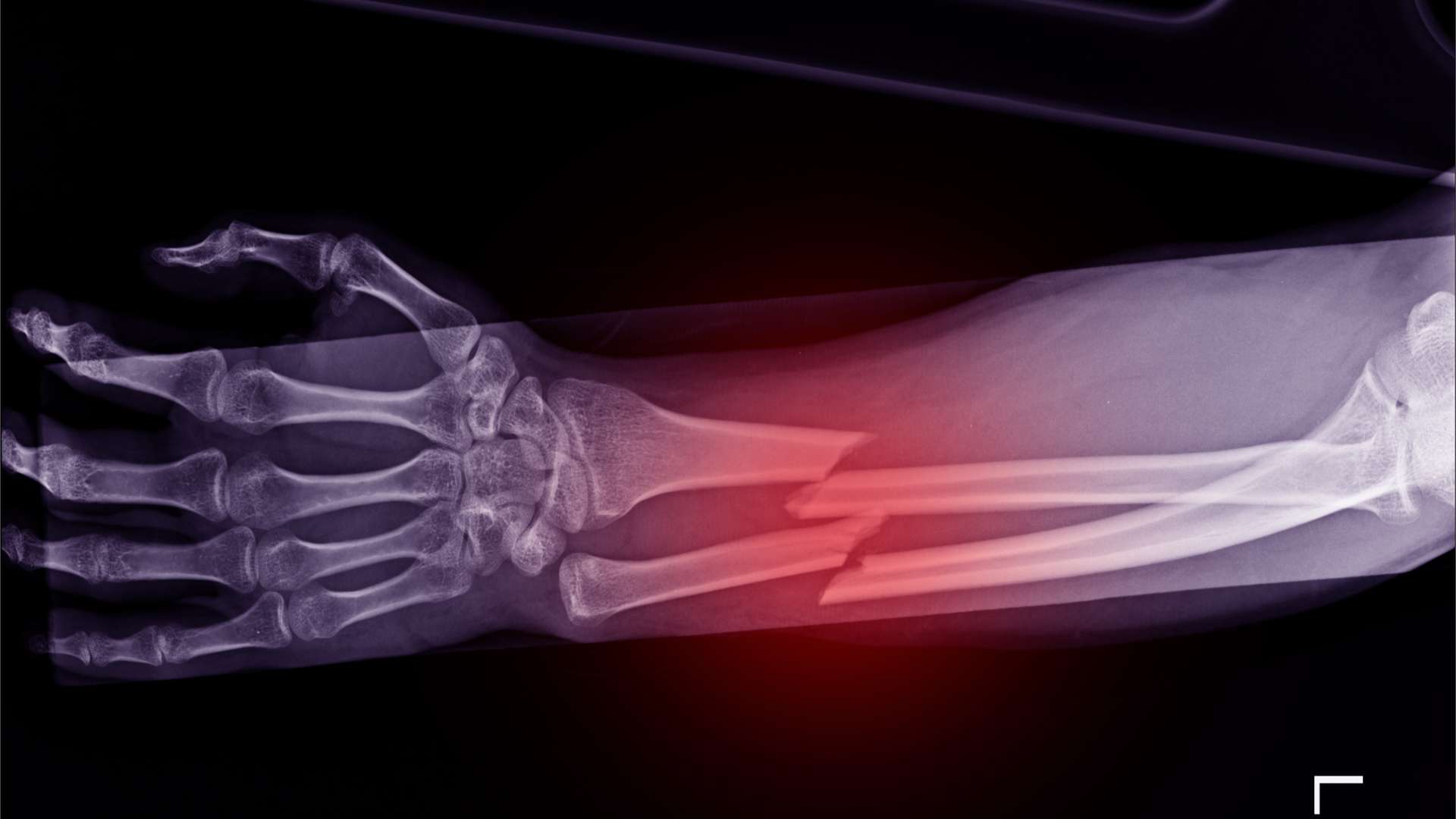Abdominal pain and gastrointestinal tract (GIT) alterations in workers are influenced by three main systems: the sympathetic autonomic nervous system, the hypothalamic-pituitary-adrenal axis, and genetic factors. These factors collectively contribute to the gastrointestinal issues observed in individuals in the workforce.
What is “Stress?”
Stress is a widely used term, originally described as a “syndrome produced by diverse nocuous agents” in the 1930s. It refers to the consequences of an organism’s failure to respond to emotional or physical threats appropriately.
Stress disrupts homeostasis and affects various physiological functions in the gastrointestinal tract, such as gastric secretion and gut motility. Environmental factors like work pressure, financial conditions, and family situations contribute to stress.
Job-related stress includes counseling needs, lack of leisure time, and dissatisfaction with the workplace. This page focuses on general occupational stress assessment and its association with gastrointestinal issues in various worker groups, particularly those with stressful jobs.
How Does Psychological Stress and Emotions Impact the Digestive System?
The ancient Greeks recognized the connection between psychological stress and the body, and later, Descartes proposed a separation between mind and body. Recent reports highlight cognitive and psychological declines related to stress, including occupational stress, in people without psychiatric issues. The relationship between emotions and gastric motility has been studied since the nineteenth century, with findings suggesting that emotional stress affects the gut. Personality patterns and emotional stress contribute to gastrointestinal (GIT) issues, such as gastric ulceration and peptic ulcers. Co-morbidity is reported between mood alterations and functional gastrointestinal syndromes, like irritable bowel syndrome (IBS) and functional dyspepsia. Researchers propose an emotional motor system (EMS) involving the autonomic nervous system, HPA axis, and genetic factors in regulating emotional responses and GIT function.
Psychological and Occupational Stress
The relationship between occupational stress and its impact on physical and mental well-being has been recognized since ancient times. Occupational health aims to promote the highest level of well-being for workers, considering their physiological and psychological capabilities. Occupational stress has become a significant health concern in the modern world, affecting employees’ physical and mental health, leading to turnover and absenteeism. Various factors contribute to occupational stress, including job demands, role ambiguity, poor working conditions, and relationships at work. Numerous studies have explored the relationship between psychological stress and various health issues, such as gastrointestinal problems. Stressful jobs, like those in nursing, the military, and mental health professions, are particularly susceptible to burnout, which can manifest as chronic physical and psychological symptoms. Understanding and addressing occupational stress is crucial for maintaining a healthy workforce.
Occupational Stress and Abdominal Pain
Gastric ulcers are prevalent among working-age adults, and there is a strong association between stress and peptic ulcer disease. Studies have shown that high job-related stress increases the risk of ulcers, and air traffic controllers with higher stress levels were more likely to have ulcers.
Negative life events and daily stresses were linked to dyspepsia. Police officers and professional workers with high-stress levels reported symptoms like indigestion and headaches. Various studies have highlighted the connection between job-related stress and gastrointestinal complaints, including nausea, loss of appetite, and gastrointestinal disturbances.
A high prevalence of H. pylori infection was observed among manual workers, and call-center workers perceived higher job stress, increasing their risk of irritable stomach and peptic ulcers.
How Stress Impacts Gastrointestinal Problems
Stress significantly impacts gastrointestinal (GI) health, leading to various disorders in working-age adults. Studies have shown that stress affects gastric motility, emptying, and secretions, contributing to functional GI disorders.
The brain-gut axis plays a crucial role in this relationship, with stress altering GI function by activating corticotropin-releasing hormone (CRH) receptors. IBS is considered a disorder of the brain-gut link, with stress causing exaggerated gut responses.
Understanding Stress and Control Strategies for Workers
Stress has also been associated with gastric ulcers, with antidepressant drugs showing a protective effect. Understanding the impact of occupational stress on GI function is crucial for developing effective stress control strategies for workers’ abdominal pain.
Contact us today to learn how our services can assist you and your employees.

























































